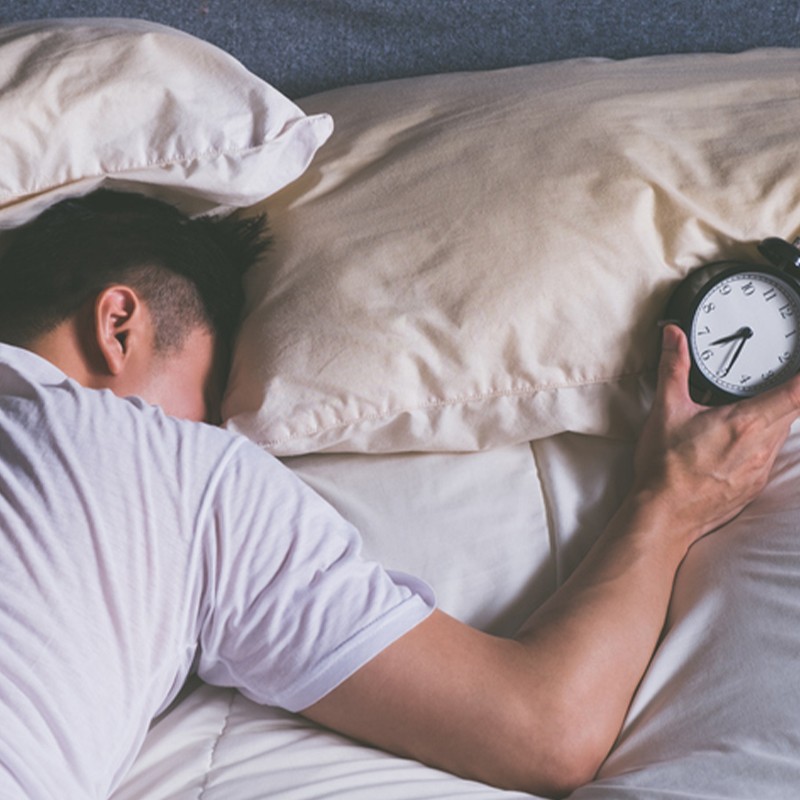Expert-Approved Ways To Beat SAD
Get Tested For Vitamin D
“While the link between vitamin D and SAD is unclear, the symptoms of SAD are similar to those of low vitamin D, i.e. sleep problems, fatigue, anxiety and depression. It’s a good idea to get your vitamin D levels checked in winter and optimise your levels through supplementation. If your vitamin D levels are lower than 20 then you need to see a GP. You want to aim for at least 50 nmol/L but some people may benefit from reaching a level of more than 75 nmol/L to maximise their health.” – Dr Sumera Shahaney, head of clinical operations, Thriva
Take A Supplement
“5-HTP is a chemical made from the amino acid tryptophan, which the body converts into serotonin. Studies have suggested 5-HTP can help boost serotonin levels in the brain, positively affecting mood. You can’t get 5-HTP from food, so supplementation is necessary. I recommend taking 200mg three times a day. Magnolia rhodiola complex can also help combat low mood. It helps reduce levels of the stress hormone cortisol and enhances serotonin uptake by the brain to relax the mind and enhance concentration.” – Dr Shabir Daya, co-founder, Victoria Health
Think About Your Gut
“Serotonin, your happy hormone, is primarily produced in the gut, so an imbalanced intestinal flora will have a negative effect, causing less serotonin to be produced. Anti-inflammatory foods such as turmeric can reduce inflammation, while fermented foods can work to balance the good and bad bacteria in your gut. Include foods like yoghurt, kefir, kimchi, miso, sauerkraut and kombucha in your diet.” – Rebecca Pilkington, nutritional therapist
Try A Dawn Simulator
“Light therapy reduces the severity of depressive symptoms and research shows it’s more effective than a placebo for SAD. A dawn simulator – aka a SAD alarm clock – wakes you up in the morning with light and also reduces symptom severity for SAD. There are lots on the market – most tend to come on dimly around an hour before you wake up and gradually get brighter. If you find it difficult to get up in the morning and are looking for some gentle light therapy to ease SAD, they could be well worth a try.” – Dr Sumera
Exercise Outdoors
“During the night, the brain releases melatonin, which contributes to making us feel drowsy. At daybreak, the effect of bright light, coupled with the natural rhythm of the brain, suppresses melatonin. In those susceptible to SAD, not being exposed to sufficient light on dull winter days can lead to the development of symptoms of SAD. It’s not unusual to notice symptoms for the first time this year as we spend more time inside due to lockdown restrictions. Try to exercise outdoors where possible, ideally first thing in the morning to expose the body to natural light.” – Dr Natasha Bijlani, consultant psychiatrist, Priory
Create Routine
“Regularity is key in your daily routine and can have a significant impact on your mood. Where possible, get up at the same time every morning, stick to regular mealtimes and bedtimes, and try to schedule higher-intensity workouts for the morning and save slower-paced exercise, like yoga, for the evening. Having regular sleep-wake times and sticking to a schedule can keep you feel productive and combat sluggishness. When you are at home, open your blinds and curtains to allow natural sunlight in.” – Suzy Reading, chartered psychologist
Consider CBT
“It’s well documented that CBT (cognitive behavioural therapy), where you learn to change or redirect the repetitive thoughts that make you sad in a formal therapy setting, can aid symptoms of depression and help break negative thought patterns. You can either seek a referral from your GP or refer yourself for CBT free of charge via the NHS.” – Suzy
Up Your Omegas
“Omega-3 fatty acids are the healthy fats found in oily fish, nuts and seeds as well as the likes of flax, hemp and chia seeds. They are the building blocks for the nerves and brain, and are needed for the proper growth, development and function of brain tissue. The evidence is quite compelling that boosting omega-3 intake enhances several aspects of brain health, including the control of mood and lowering the incidence of depression. Increasing your intake of oily fish such as salmon, mackerel and sardines is a great way to boost your omega levels, in addition to supplementing with an omega-3 fatty acid that includes both EPA and DHA.” – Rebecca
Invest In A SAD Lamp
“SAD – aka seasonal affective disorder – is a biochemical imbalance in the brain that develops when our exposure to daylight and bright sun dwindles. This can lead to a cascade of physiological changes, including decreased production of serotonin, our happy hormone, and an overproduction of melatonin, our sleep hormone. If you are feeling lethargic or low, it could be worth investing in a SAD lamp. Light therapy has some great evidence behind it and has even outperformed anti-depressants in several studies. Lights with a strength of 10,000 lux (such as those made by Lumie) are the most effective and are best used for around 30 to 60 minutes in the morning. There are also some very promising early results from using headphones to transmit light via the ear canals, which could become a handy way to get light therapy on an early morning commute.” – Dr Lucy Hooper, GP & co-founder, Coyne Medical
Stay Active
“Exercise offers serious benefits not only for your physical health but your mental wellbeing too. There is strong data to suggest adequate amounts of exercise (aim for 150 minutes of moderate intensity per week, with ideally at least two resistance training sessions) over a 16-week period can be just as effective as using antidepressants. Consider mental workouts too. Apps like Calm and Headspace have made mindfulness easier than ever – this can have a huge impact on mood, outlook, sense of purpose and energy levels.” – Dr Gaurav Sabharwal, GP & founder, One5 Health
For more information, visit CoyneMedical.com, Thriva.co, VictoriaHealth.com, RebeccaPilkington.com and SuzyReading.co.uk
Here are some products that help with SAD...
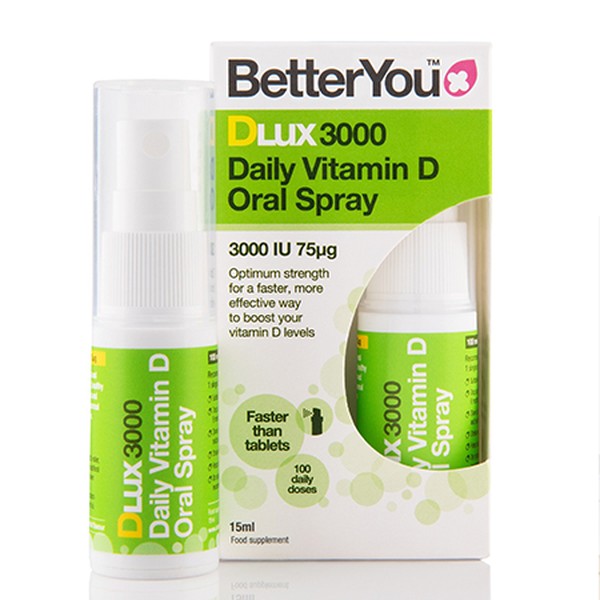
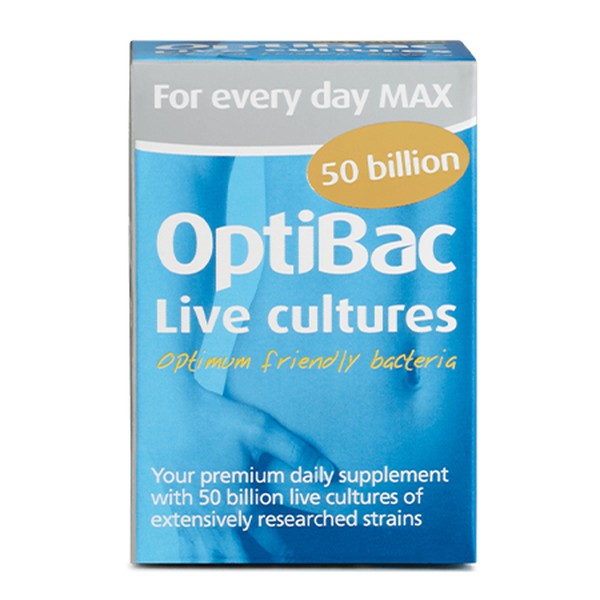
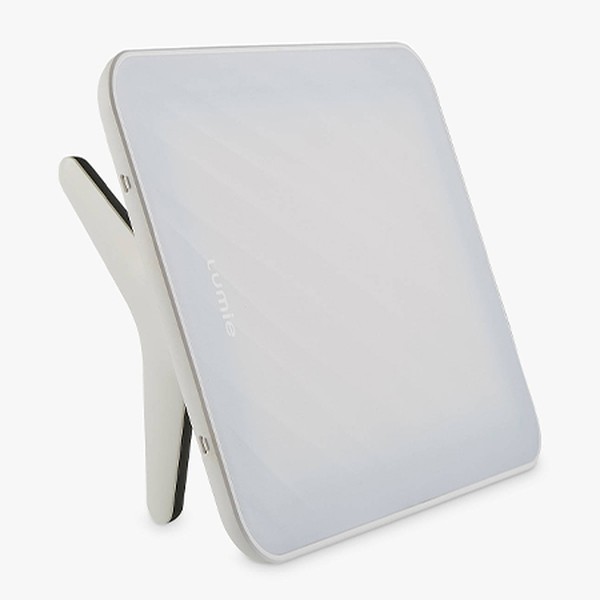
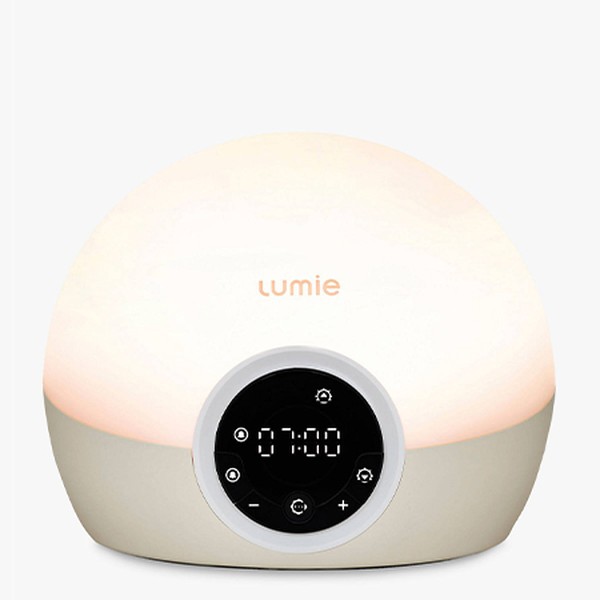
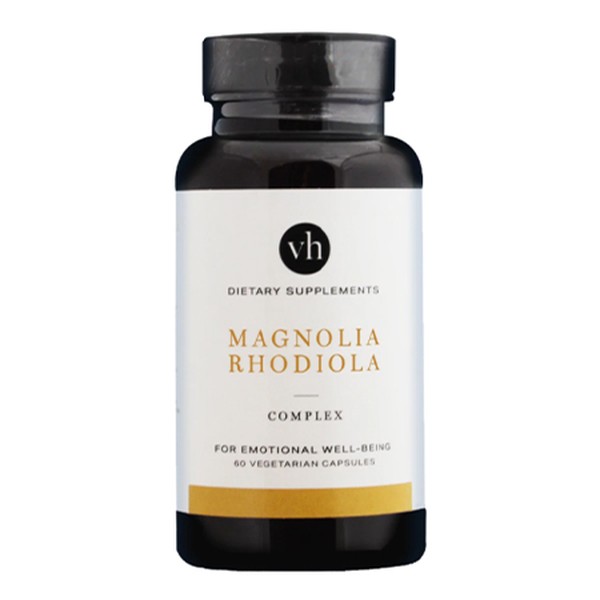
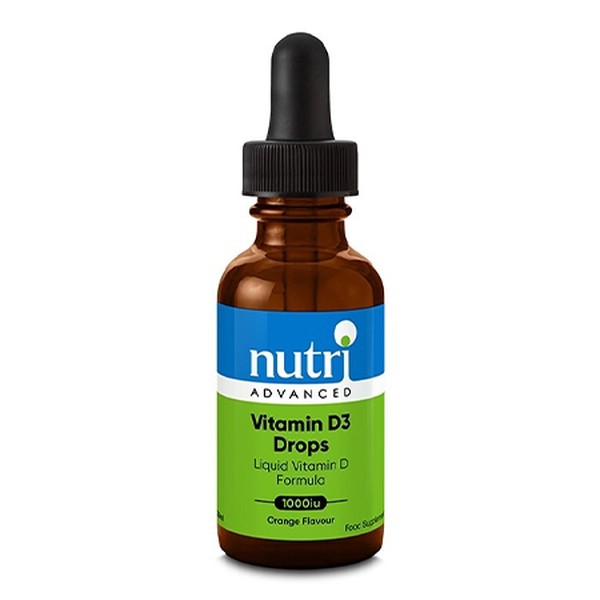
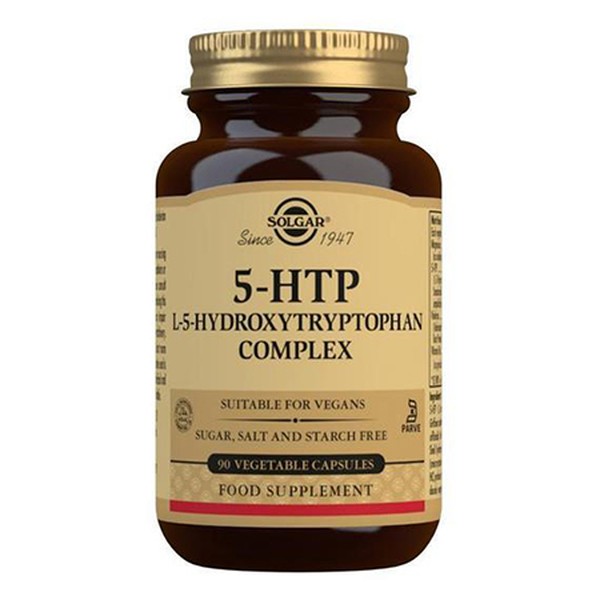
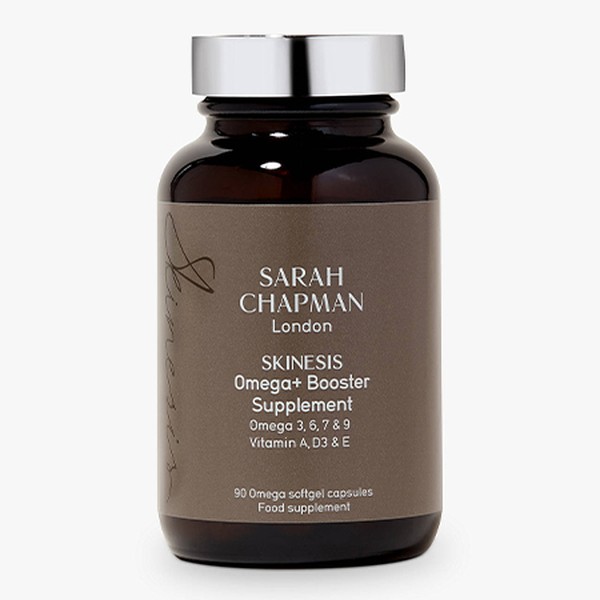
DISCLAIMER: Features published by SLMan are not intended to treat, diagnose, cure or prevent any disease. Always seek the advice of your GP or another qualified healthcare provider for any questions you have regarding a medical condition, and before undertaking any diet, exercise or other health-related programme.
DISCLAIMER: We endeavour to always credit the correct original source of every image we use. If you think a credit may be incorrect, please contact us at [email protected].
